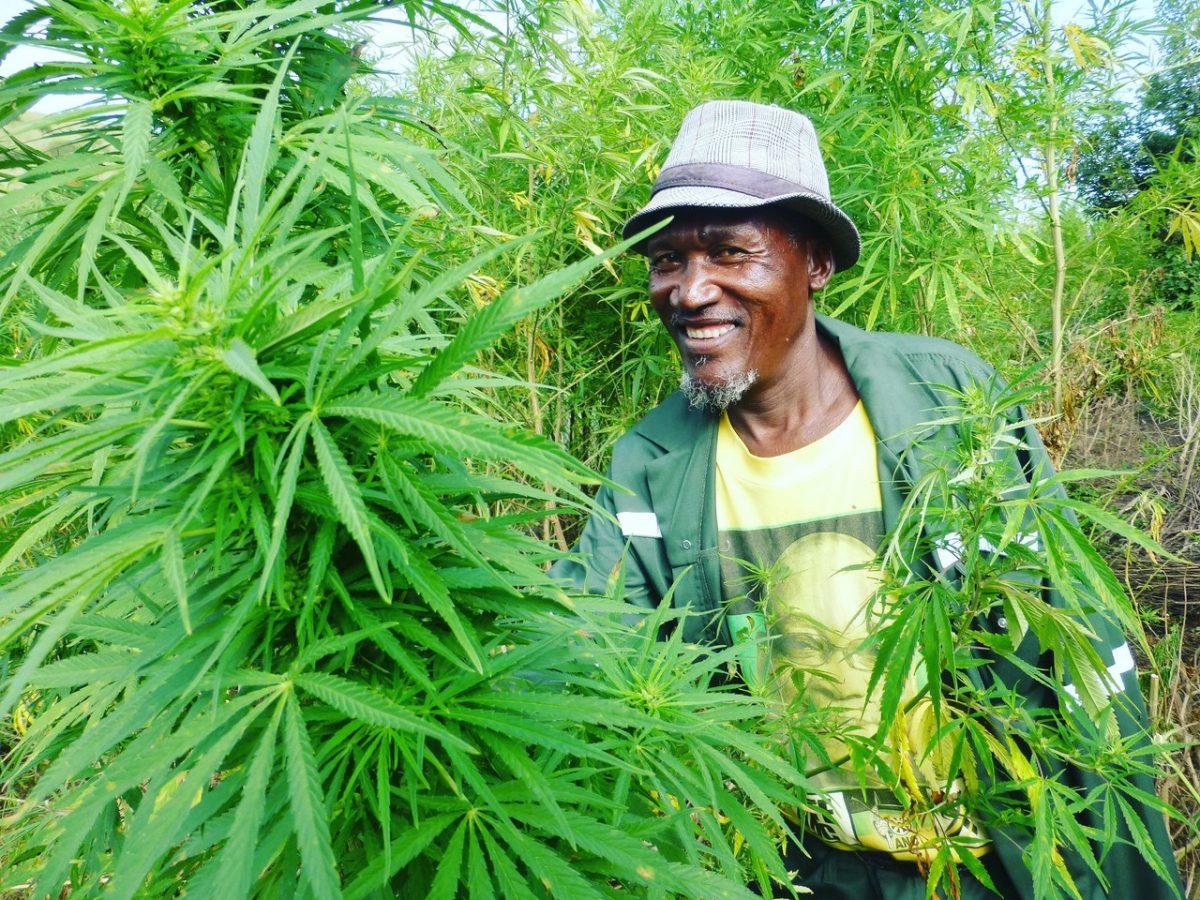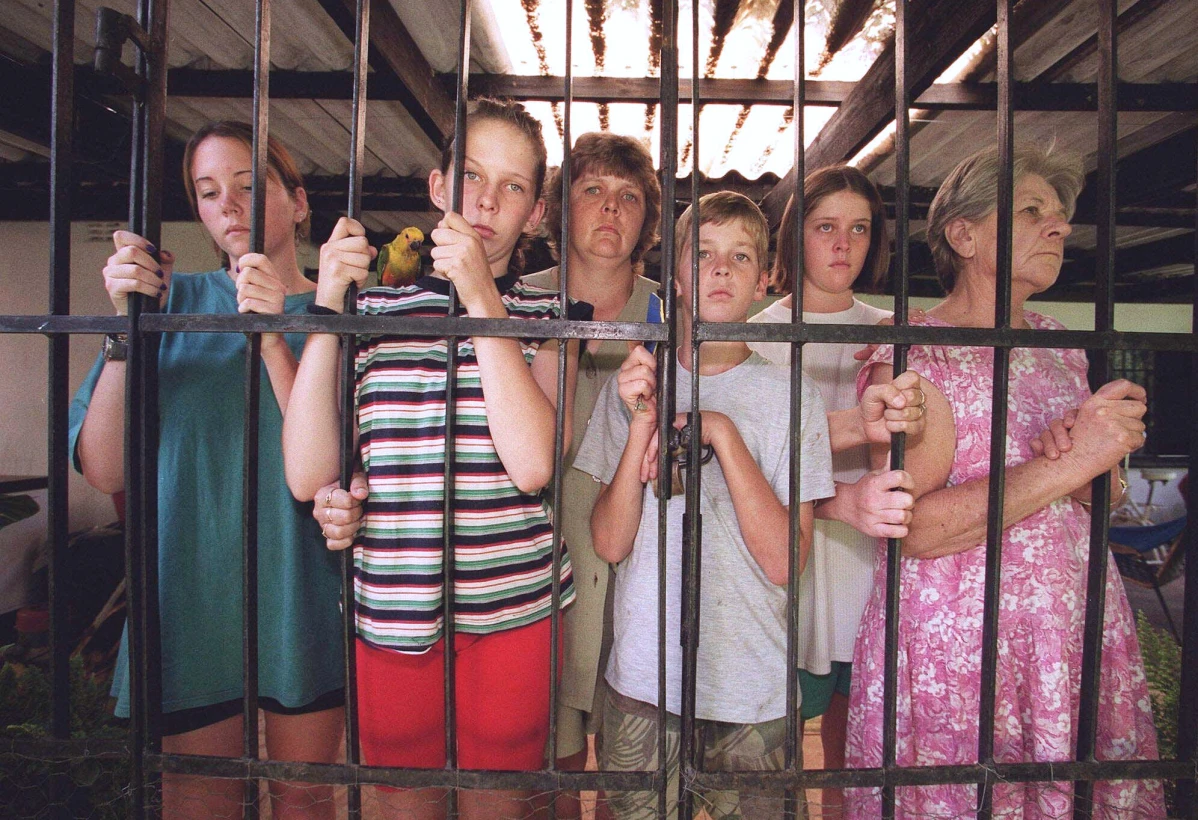The following is a media explanatory note accompanying the judgment of the South African Constitutional Court on the legalisation of cannabis:
JOHANNESBURG, South Africa – On Tuesday, September 18, 2018, at 10h00 the Constitutional Court handed down judgment in this application for the confirmation of an order of constitutional invalidity made by the High Court of South Africa, Western Cape Division, Cape Town (High Court) which declared legislation criminalising the use, possession, purchase and cultivation of cannabis unconstitutional.
The matter arose from three different court proceedings instituted in the High Court which were consolidated by the High Court and heard as one matter as they were all premised on the same basis, that is, that certain sections of the Drugs and Drug Trafficking Act 140 of 1992 (Drugs Act) and the Medicines and Related Substances Control Act 101 of 1965 (Medicines Act) were constitutionally invalid.
Section 4(b) of the Drugs Act prohibits the use or possession of any dangerous dependence-producing substance or any undesirable dependence-producing substance unless exceptions listed in the provision apply. Section 5(b) of the Drugs Act prohibits dealing in any dangerous dependence-producing substance or any undesirable dependence-producing substance unless exceptions listed in the provision apply. Section 22A(9)(a)(i) of the Medicines Act read with schedule 7 of the Medicines Act prohibits the acquisition, use, possession, manufacture or supply of cannabis and section 22A(10) of the Medicines Act read with schedule 7 prohibits the sale or administration of cannabis other than for medicinal purposes.
The High Court declared sections 4(b) and 5(b) of the Drugs Act read with Part III of Schedule 2 to the Drugs Act and sections 22A(9)(a)(i) and 22A(10) of the Medicines Act read with Schedule 7 of the Medicines Act inconsistent with the right to privacy guaranteed by section 14 of the Constitution, but only to the extent that they prohibit the use, possession, purchase or cultivation of cannabis by an adult person in a private dwelling for his or her consumption.
The High Court suspended the order of invalidity for a period of 24 months from 31 March 2017 to give Parliament the opportunity to cure the constitutional defects in the statutory provisions concerned. It also granted interim relief by ordering that pending the amendment of the relevant legislation by Parliament, it would be deemed to be a defence to a charge under the sections referred to in the order that the use, possession, purchase or cultivation of cannabis in a private dwelling was for the personal consumption of the adult accused.
The High Court approached the matter on the basis that the statutory provisions referred to above unjustifiably limited the right to privacy entrenched in the Constitution to the extent that they prohibited the use, possession, purchase and cultivation of cannabis in a private dwelling by an adult for his or her personal consumption and that, for this reason, they were constitutionally invalid. Although Mr Prince and his co-applicants contended that the statutory provisions in issue also infringed other rights entrenched in the Constitution such as the right to equality, the High Court focused on the infringement of the right to privacy.
The High Court’s order of constitutional invalidity was then referred to the Constitutional Court for confirmation as required by the Constitution. The state applied for leave to appeal against the order of the High Court and opposed its confirmation. Mr Prince and his co-applicants in the High Court applied for leave to cross-appeal against the High Court’s failure to conclude that the statutory provisions also infringed the other rights they had relied upon which are entrenched in the Constitution. They also sought leave to cross-appeal against the High Court’s decision to confine its order to the use or possession or purchase or cultivation of cannabis in a private dwelling. However, they contended that, if the High Court was right to confine its order of invalidity to the infringement of the right to privacy, it should not have confined this to a home or private dwelling because the right to privacy extends beyond the boundaries of a home.
In a unanimous judgment written by Zondo ACJ, as he then was, the Constitutional Court declared that—
(a) section 4(b) of the Drugs Act was unconstitutional and, therefore, invalid to the extent that it prohibits the use or possession of cannabis by an adult in private for that adult’s personal consumption in private;
(b) section 5(b) of the Drugs Act was constitutionally invalid to the extent that it prohibits the cultivation of cannabis by an adult in a private place for that adult’s personal consumption in private; and
(c) section 22A(9)(a)(i) of the Medicines Act was constitutionally invalid to the extent that it renders the use or possession of cannabis by an adult in private for that adult’s personal consumption in private a criminal offence.
The Constitutional Court held these statutory provisions to be constitutionally invalid to the extent indicated because they infringed the right to privacy entrenched in section 14 of the Constitution. The Constitutional Court dispensed with the High Court’s limitation of its order to the use, cultivation or possession of cannabis “at home or in a private dwelling”. It held that the right to privacy is extends beyond the boundaries of a home.
The effect of the judgment is two-fold: (a) it decriminalises the use or possession of cannabis by an adult in private for that adult person’s personal consumption in private; and (b) it decriminalises the cultivation of cannabis by an adult in a private place for that adult’s personal consumption in private. However, the use or possession of cannabis by a child anywhere, or by an adult in public, is not decriminalised.
The Constitutional Court suspended its order of invalidity for a period of 24 months to give Parliament an opportunity to correct the constitutional defects in the two Acts. However, in order to ensure that people who fall into the same category as Mr Prince and his co-applicants receive effective relief, Zondo ACJ granted interim relief by way of a reading-in of the two Acts to ensure that, during the period of suspension of invalidity, it would not be a criminal offence for an adult person:
(a) to use or be in possession of cannabis in private for his or her personal consumption in private; and
(b) to cultivate cannabis in a private place for his or her personal consumption in private.
Zondo ACJ took the view that it should be left to Parliament to decide on the quantity of cannabis that an adult person may use, possess or cultivate in order for it to amount to “personal use”. He was of the view that the Court would infringe the doctrine of separation of powers if it determined the amount itself.
As to how a police officer would know whether the amount of cannabis in the possession of an adult is or is not for that adult person’s personal consumption, the Court held that a police officer would have to consider all the circumstances including the quantity of cannabis found in an adult person’s possession. If the police officer, on reasonable grounds, suspects that the person concerned is in possession of that cannabis for dealing and not for personal consumption, the officer may arrest the person, but a court will ultimately decide whether the person was in possession of cannabis with the intent to deal, or for their own personal consumption.
In the end the appeal by the state was dismissed and the Constitutional Court confirmed the order of the High Court in so far as is reflected above.
















